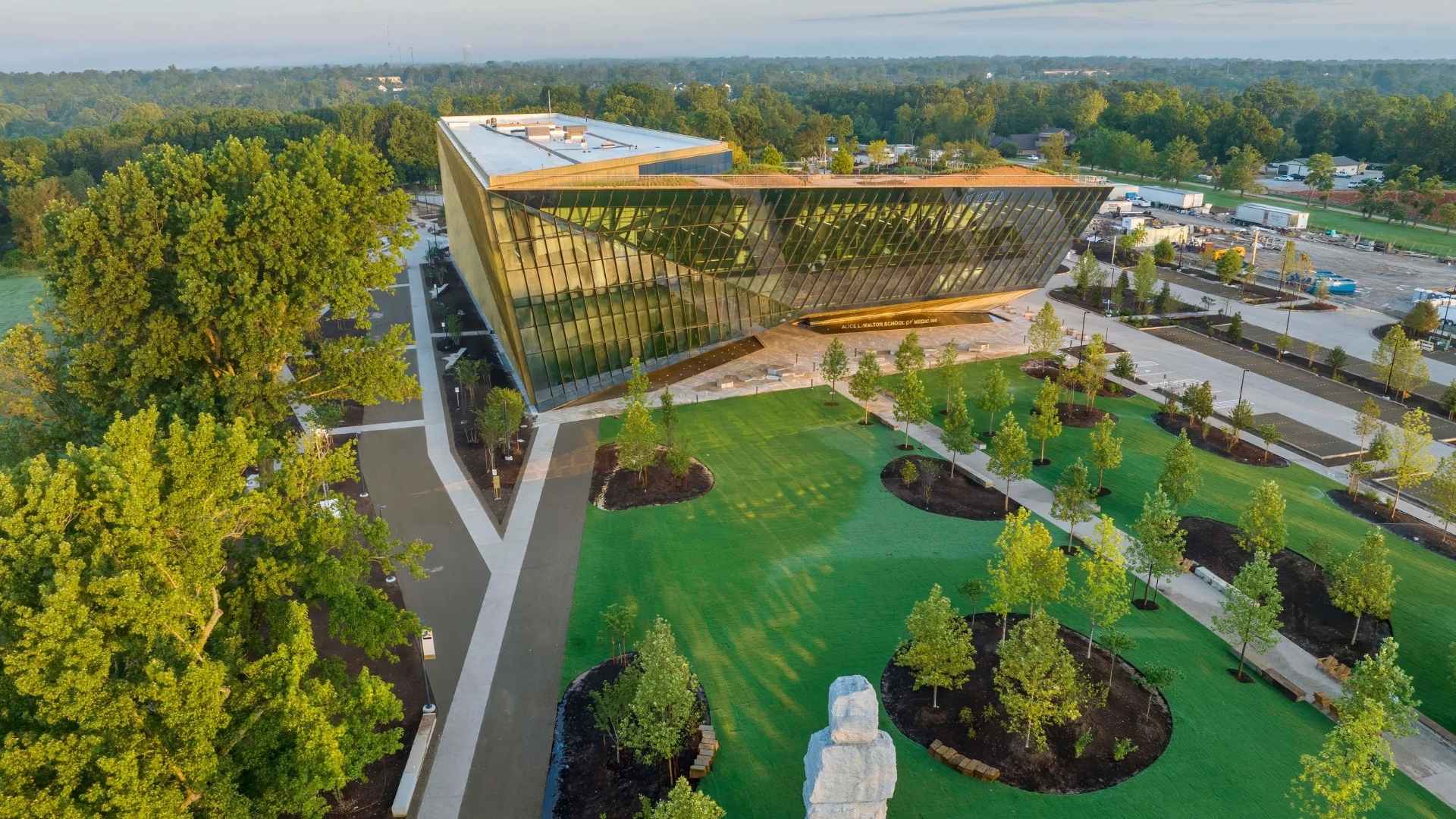The Alice L. Walton School of Medicine opened its doors in Bentonville, Arkansas, with 48 trail‑blazing students and a promise to make preventive, patient‑centered care the norm rather than the exception.
On July 14, the inaugural class stepped into a glass‑walled campus tucked beside Ozark woods and the Crystal Bridges Museum of American Art. Their four‑year journey is funded by founder Alice L. Walton—heir to the Walmart fortune and, yes, the world’s richest woman—who aims to rewrite how physicians are trained in the United States.
Walton’s tuition pledge aims to seed preventive care throughout underserved Arkansas communities
Instead of rehearsing endless symptom checklists, students will learn how behavior, environment, and mental health shape outcomes—and how to keep patients well in the first place. Walton’s full‑tuition gift to the first five graduating classes is more than philanthropy; it’s a bet that debt‑free doctors will choose to serve Arkansas’s rural and low‑income areas, where maternal deaths and chronic disease rates run high. Who could argue with that logic?
Before diving into anatomy, every student begins community service, embedding whole‑health thinking where it matters most: the neighborhoods they will one day serve. Partnerships with Mercy Health add real‑world clinics and a forthcoming cardiac‑care center to the classroom mix.
| Item | Detail |
|---|---|
| Location | Bentonville, Arkansas |
| Inaugural class size | 48 students chosen from ~2,000 applicants |
| Tuition | Covered for first five graduating classes |
| Core focus | Preventive medicine, whole‑health principles, nutrition, technology |
The numbers tell only part of the story, of course, but they hint at the scale of Walton’s ambition.
New curriculum blends art, nutrition, technology and service to rethink modern medical education
Picture this: students sketching portraits in Crystal Bridges to sharpen empathy, planting kale in teaching gardens to master culinary medicine, and exploring virtual‑reality tools to manage diabetes at home. The curriculum—shaped with Stanford School of Medicine advisers—packs more than 50 hours of nutrition science, far above the national average. Ever wondered why most doctors get less food training than chefs?
Key elements driving the AWSOM approach:
- Whole‑health lens that treats mind, body, and social context as inseparable.
- Art‑infused observation labs to build listening and diagnostic skills.
- Digital health modules covering AI, VR, and remote monitoring technologies.
- Research flexibility letting students test ideas like drone‑delivered medications for rural patients.
Walton’s own recovery from a decades‑old car crash convinced her that piecemeal “sick‑care” fails too many Americans. By anchoring medicine in prevention—and removing the tuition hurdle—she hopes graduates will carry this ethos far beyond Bentonville.
If Arkansas can become a springboard for whole‑health innovation, other regions may follow. The first 48 students now shoulder the proof. Their success—or failure—will signal whether medical education can truly pivot from treating disease to fostering well‑being.

